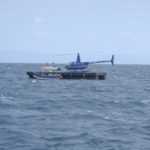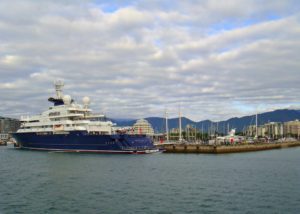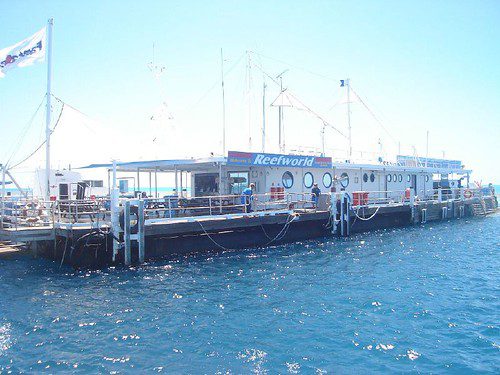 In the wake of the latest UNESCO State of Conservation report, numerous Great Barrier Reef tourism providers have insisted on heightened protection measures from the Australian and Queensland governments. The statement is signed by over 20 tourism operators, a vivid reflection of the industry’s deep concern for the iconic marine ecosystem.
In the wake of the latest UNESCO State of Conservation report, numerous Great Barrier Reef tourism providers have insisted on heightened protection measures from the Australian and Queensland governments. The statement is signed by over 20 tourism operators, a vivid reflection of the industry’s deep concern for the iconic marine ecosystem.
Tourism providers and enthusiasts around the reef were temporarily relieved when UNESCO decided to postpone listing the Great Barrier Reef as ‘In Danger’. However, the reprieve is considered fleeting by many industry operators, who stress that the Australian and Queensland governments must consistently focus on preserving the reef’s health and vitality.
The signatories are pushing for the execution of the 22 recommendations outlined by UNESCO and IUCN in the previous year. Among these protective measures are enhanced climate policies limiting global warming to 1.5oC – a crucial benchmark for coral reef survival – and improved water quality through enforced regulations, degraded gully repair, and coastal wetland restoration.

Cairns Marina
Mark Fraenkel, the proprietor of Blue Dive Port Douglas, urged for the immediate address of local threats to the reef. His suggestions include improving water quality by reducing pollution from farmlands in the reef’s waters and halting tree clearing in Reef catchments. Dave Stewart, another concerned operator from Affordable Charters Group in Townsville, has expressed worries over the potential adverse effects of the forthcoming El Nino year on coral health.
Lindsay Simpson, a Whitsundays-based author and sailing business owner, implored for immediate action towards carbon emissions. He insists that tackling this global issue is the only way to prevent more mass bleaching and curb rising ocean temperatures. His sentiment was echoed by Josh Wilde, co-owner of ProSail Whitsundays, who voiced his fears about the continuing deterioration of water quality due to inefficient management of commercial ports, mining, and shipping activities.
Trevor Rees, the Managing Director of Whitsunday Escape, called attention to the detrimental impact of recently approved cruise ships on the reef’s health. He cited the excessive CO2 emissions, equivalent to a medium-sized coal power station’s output, and the disposal of sewage, grey water, and food waste from these ships as significant contributors to water quality decline.
Nicole Rosser, the owner of Zig Zag Whitsundays, made a strong case for climate change recognition and the urgent need for action. Rosser emphasized that the Great Barrier Reef, an asset worth $56 billion that sustains 64,000 jobs, is at stake if global warming isn’t limited to 1.5oC. She believes that with existing technology, investing in renewable and green energy is an economically viable and impactful option for Australia.
In closing, the undersigned tourism operators called on the Australian and Queensland governments to enforce all 22 reef-saving actions recommended by UNESCO and IUCN. The Great Barrier Reef attracts millions of visitors annually, bringing in $6 billion annually and providing 64,000 jobs. Its continued health and survival are integral to Australia’s economy and global biodiversity.
Written by: Christine Nguyen















